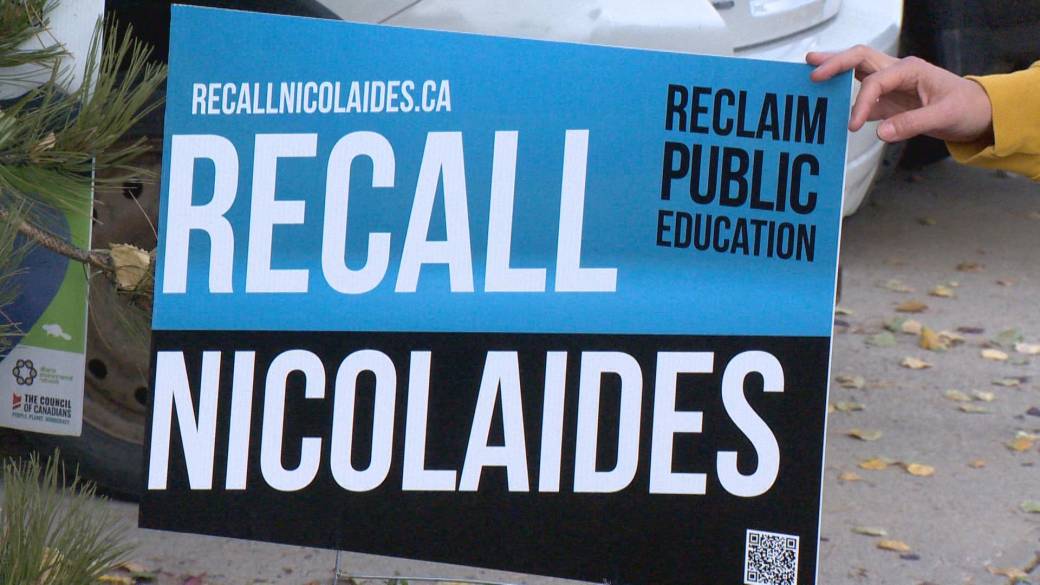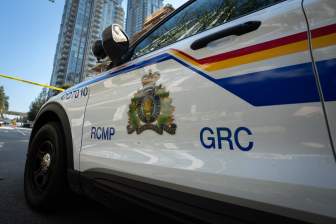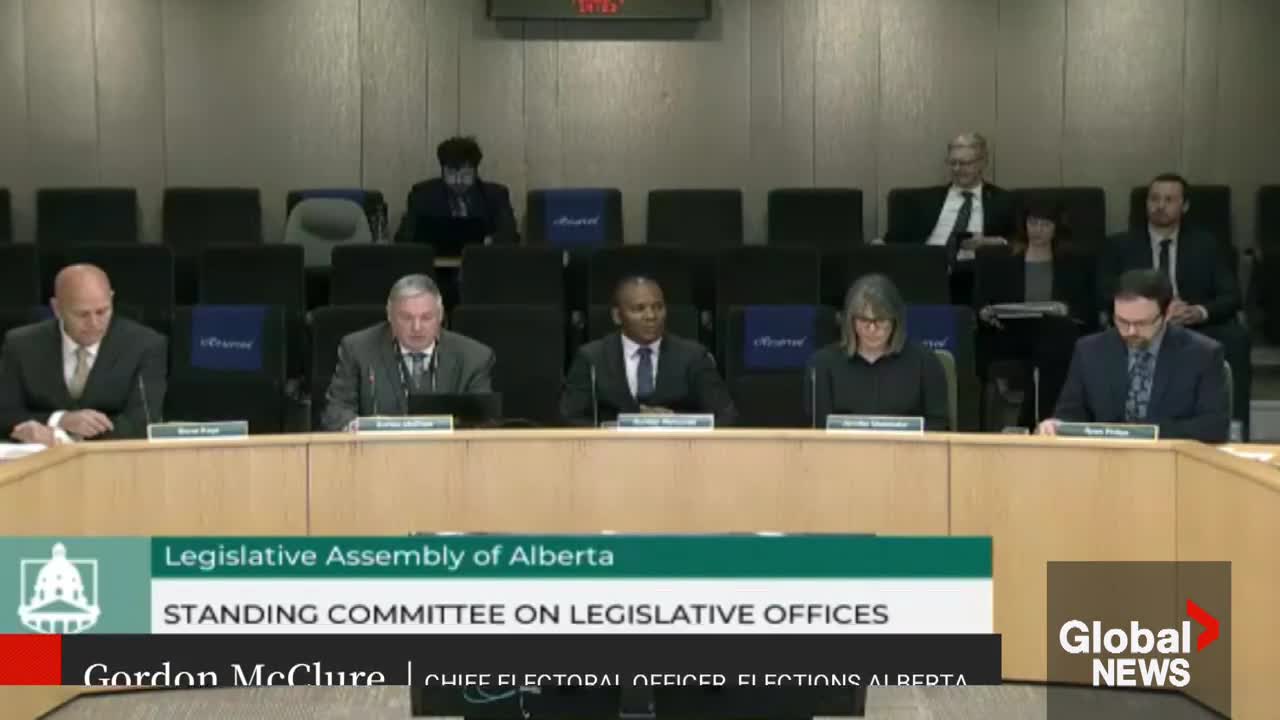Elections Alberta says it has approved recall petitions against five more members of Premier Danielle Smith’s United Conservative Party caucus, bringing the total to 14.

The new number means that almost a third of the 47 United Conservative members in the Alberta legislature are now engaged in the recall process, potentially threatening the balance of power in the house.
The latest ones include cabinet ministers Searle Turton and Nathan Neudorf.
Also facing petitions are backbenchers Jason Stephan, Jackie Lovely and Glenn van Dijken.
Under Alberta’s Recall Act, any citizen in a riding can ask to begin collecting signatures to try to get their legislature member recalled if they feel the member is failing at their duties.
All five of the new petitioners, in statements to Elections Alberta, say they feel their legislature members have failed to represent their ridings and, in some cases, have not been reachable.
Story continues below advertisement
Petitioner Nicole Green wrote, “Jason Stephan should be recalled for his failure to prioritize the interests of Red Deer-South.
“He supports a separatist agenda, has disdain for French speakers, has failed to take his duties seriously by travelling against government advice and delaying his own swearing-in.
“His focus on divisive, party-driven issues instead of local priorities like affordability and health care also shows he is an ineffective MLA.”
Stephan, in a statement to Elections Alberta, fired back.
“This petition for recall will fail,” he wrote, citing a number of accomplishments as legislature member, including money for post-secondary schools and health care.
“Moreover, I have sought to, boldly and respectfully, speak the truth as I best understand it, even if some do not like it, seeking freedom and prosperity for Albertans.”

2:07
Alberta recall campaigns being planned for UCP MLAs
The overall theme of the first nine petitions was that the legislature members were hard to reach and ignored local concerns. Some of those applicants also chastised their members for recently voting to use the Charter’s notwithstanding clause to end a recent provincewide teachers strike.
Story continues below advertisement
The 14 members being targeted represent constituencies across the province, ranging from Grande Prairie in the north to Lethbridge in the south. Five represent the Calgary area.

Get daily National news
Get the day’s top news, political, economic, and current affairs headlines, delivered to your inbox once a day.
Smith and her UCP caucus have argued that petitioners aren’t using the recall system appropriately, saying it should only be used for accusations of serious wrongdoing, not just disagreements over government policy.
Service Alberta Minister Dale Nally has said he believes the recall petitioner challenging him is a proxy for a left-wing activist group, something the petitioner denies.
More on Politics
More videos
Other high-profile targets facing a recall challenge are Education Minister Demetrios Nicolaides and Speaker Ric McIver.
The recall petition process allows those behind each campaign to collect signatures in their constituency over three months and, if they collect enough, a vote is held on whether the MLA keeps their seat.
The United Conservative government under former premier Jason Kenney passed the Recall Act in 2021, allowing constituents to launch petitions to remove their MLAs.
Under the legislation, a petitioner must submit a reason in 100 words or less about why they feel an MLA should be recalled. The person must live in the constituency and pay a $500 processing fee. There is no set criteria on what the reasons can be.
Under the original law, petitioners would need to collect signatures from at least 40 per cent of eligible voters in a riding within 60 days after the recall effort is approved by Elections Alberta.
Story continues below advertisement
The law was a campaign promise for Kenney, who said it would strengthen democracy by allowing regular Albertans to hold politicians accountable if they “break faith with the people.”
Trending Now

Youth arrested in Ontario for posting ISIS videos, seeking firearms

Polar vortex set to bring ‘harsh early start to winter’ across Canada

1:50
3rd Alberta legislature member, Nolan Dyck, target of recall petition
Earlier this year, Smith’s government passed amendments to the Recall Act that lowered some of its thresholds, including extending the deadline to 90 days after a recall petition’s approval.
Petitioners now have to collect signatures from electors “equal to” at least 60 per cent of people who voted in the most recent provincial election in order to be successful.
The change results in a lower signature requirement. For example, under the old rules, a petitioner in the riding of Calgary-Beddington would need to gather at least 13,913 signatures. Under the new rules, the number falls to 12,492.

1:49
Province denies Elections Alberta’s request for $13.5 million
Petitioners can register canvassers to gather signatures on their behalf and then submit the signatures to Elections Alberta for review.
Story continues below advertisement
If enough signatures are verified, a recall vote is held within four months and must garner at least 50 per cent support for the MLA to be officially removed from office.
It’s a long, multi-stage process, but if all 14 MLAs are defeated in constituency votes, it would give the Opposition NDP more seats in the house.
The NDP currently has 38 seats in the 87-seat house, and two former United Conservatives sit as Independents after being removed from the governing caucus earlier this year.
The premier has said she’s talking to caucus members and other officials about making changes to the Recall Act.
Smith told reporters last week she’s concerned the grassroots spirit of the law is being abused, perhaps through online fundraising and even foreign interference.
— With files from Sean Boynton and Karen Bartko, Global News
© 2025 The Canadian Press

